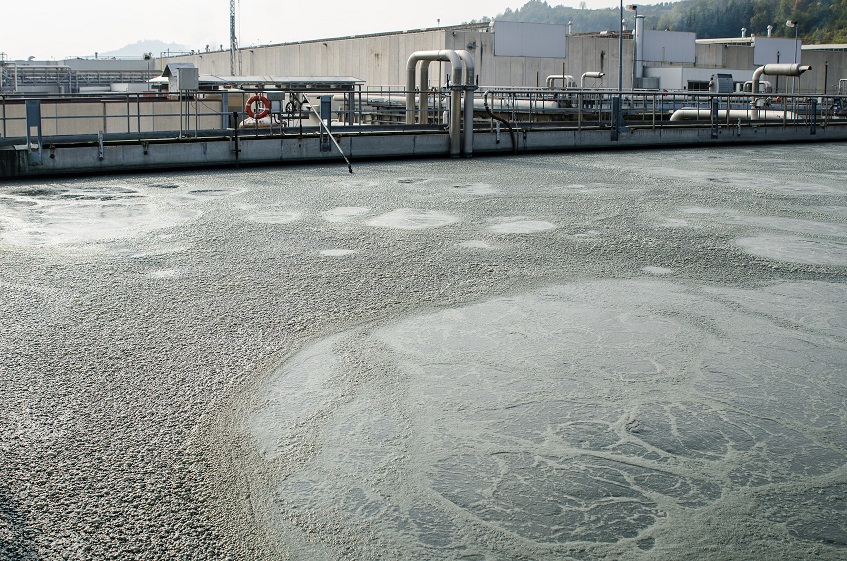China's environmental troubles have dominated environmental headlines over the last decade. The water pollution issues that plague the country have been well-documented. Smog frequently blankets both the metropolitan and rural skylines, and almost 20% of China's surveyed soil has been found to exceed national pollution standards. Without a doubt, China is in the midst of an environmental crisis.
All eyes are on the Chinese government and the much-anticipated 13th Five-Year Plan, the government blueprint for social, economic and environmental policy. With the weight of global pressure along with growing social unrest, the Chinese government is expected to unveil a massive counter-pollution strategy for 2016-2020 - one in which environmental expenditures are expected to exceed $1 trillion. It's a 60% increase over the last Five-Year Plan, and though it's definitely a step in the right direction - it creates an interesting dilemma.
 "Waste" in China is a massive, multi-faceted issue - with E-waste, wastewater, and urban waste all needing proper disposal and treatment.
"Waste" in China is a massive, multi-faceted issue - with E-waste, wastewater, and urban waste all needing proper disposal and treatment.China's government is purportedly only able to fund 15% of this environmental initiative. Though that initially sounds disconcerting, it creates a huge opportunity for environmental investors in the private sector to help support China in their cleanup efforts. Over the next five years, the business of remediation is going to be booming. Already, China's environmental woes have allowed for ample investment opportunities. One of the largest deals of last year involved RRJ Capital investing in Chinese water-and-waste management company China Everbright International Ltd for $350 million.
Many in the private sector have been quietly making deals over the past few years, taking advantage of the fact that many of China's big industries have been relatively late to the game when it came to implementing cleaner, energy-saving technologies - tech that was adopted years prior in the U.S. and Europe and was proven to be worth investing in. Recognizing the general delay of mainstream industries in adopting new tech, some Chinese companies have looked to make an impact by partnering with U.S. companies that provide the cutting-edge in experimental clean technologies. Amidst all the opportunities for investment, China's future seems to hold environmental solutions that are adaptive and can be customized to address specific project concerns.
Goldman Sachs recently published a study titled "China's Environment: Big Issues, Accelerating Effort, Ample Opportunities". The report outlines five key cleanup opportunities for the private sector - soil remediation, waste management, wastewater treatment, clean energy and pollution monitoring equipment. Over the next few months, we'll be looking at each of these - and how cleaning up China can be a global effort.




